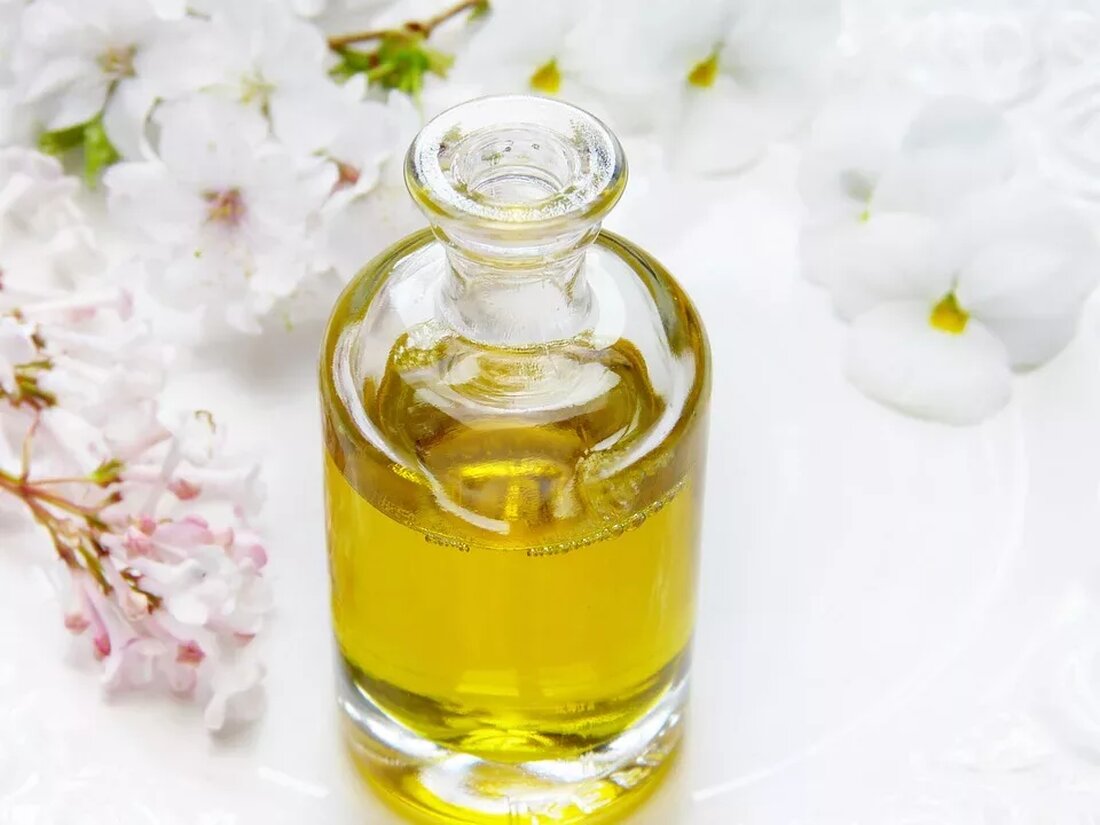Aromatherapy: The healing power of scents
Aromatherapy: The healing power of scents Aromatherapy is an alternative therapy method that uses the healing power of essential oils. Essential oils are extracted from plants and have a strong scent. They can be used in a variety of ways, such as inhaling, rubbing, or adding to bath products. Aromatherapy has a long history and has been used in ancient civilizations. In this article we will take a detailed look at aromatherapy, how it works, uses and potential benefits. How aromatherapy works The way aromatherapy works is based on the idea that essential oils contain certain chemical compounds that...

Aromatherapy: The healing power of scents
Aromatherapy: The healing power of scents
Aromatherapy is an alternative therapy method that uses the healing power of essential oils. Essential oils are extracted from plants and have a strong scent. They can be used in a variety of ways, such as inhaling, rubbing, or adding to bath products. Aromatherapy has a long history and has been used in ancient civilizations. In this article we will take a detailed look at aromatherapy, how it works, uses and potential benefits.
How aromatherapy works
The way aromatherapy works is based on the idea that essential oils contain certain chemical compounds that have a positive effect on the body. When essential oils are inhaled or applied to the skin, these chemical compounds are absorbed into the body and can trigger various physiological and psychological reactions.
Inhalation of essential oils is one of the most popular forms of aromatherapy. When you inhale, the scent molecules pass through the nose into the olfactory bulb, which forwards them to the limbic system. The limbic system is responsible for emotions, memories and the regulation of hormones. Inhaling essential oils can therefore have a direct impact on mood, stress levels and general well-being.
Areas of application of aromatherapy
Aromatherapy is used to treat various ailments and illnesses. Here are some of the most common uses:
Stress relief and relaxation
Aromatherapy can be an effective method for stress management and relaxation. Certain essential oils such as lavender, chamomile, and bergamot have calming properties and can help restore inner calm. These oils can either be inhaled or applied directly to the skin.
Sleep disorders
Sleep disorders are a common problem that affects many people. Aromatherapy can offer a natural solution here. Using essential oils like lavender or neroli before bed can help improve sleep and promote a restful night's sleep. These essential oils have a calming effect on the body and can help relieve stress and tension.
Pain relief
Aromatherapy can also be used as a natural method of pain relief. Certain essential oils such as peppermint or eucalyptus have anti-inflammatory and pain-relieving properties. They can be applied to affected areas or used in the form of compresses to relieve local pain.
Improving mood and well-being
Aromatherapy can help improve mood and increase overall well-being. Essential oils such as citrus scents or rosemary have a brightening effect and can help combat depression and anxiety. These oils can either be inhaled or used in aroma lamps to create a positive atmosphere.
Improve concentration and memory performance
Certain essential oils can also improve concentration and memory. Rosemary and lemon are two examples of essential oils that have a stimulating effect and can activate the brain. These oils can be either inhaled or used in the form of massage oils to increase concentration and improve mental performance.
Potential Benefits of Aromatherapy
Aromatherapy offers a variety of potential benefits for the body and mind. Here are some of the most common benefits:
– Natural healing method: Aromatherapy is based on the use of natural essential oils extracted from plants. Compared to synthetic medications, essential oils can offer a gentle and natural alternative.
– No Known Side Effects: Essential oils generally have no known side effects when used correctly. They are well tolerated and can therefore also be used by people with sensitive skin or allergies.
– Versatile uses: Aromatherapy can be used in different ways depending on individual needs and preferences. It can be used in the form of baths, massages, inhalations or aroma lamps.
– Holistic approach: Aromatherapy looks at the person as a whole and aims to bring body and mind into harmony. Treatment with essential oils can therefore help address not only physical ailments, but also emotional or psychological problems.
– Support with conventional medicine: Aromatherapy can also be used as a supplement to conventional medicine. It can help support the effectiveness of conventional treatments and minimize possible side effects.
It is important to note that aromatherapy should not be considered a sole treatment method for serious medical conditions. If you have serious health problems, it is always advisable to consult a doctor or therapist.
Sources
- National Association for Holistic Aromatherapy: https://naha.org/explore-aromatherapy/about-aromatherapy/what-is-aromatherapy/
- Mayo Clinic: https://www.mayoclinic.org/healthy-lifestyle/consumer-health/expert-answers/aromatherapy/faq-20058566
- WebMD: https://www.webmd.com/balance/stress-management/aromatherapy-overview#1

 Suche
Suche
 Mein Konto
Mein Konto
